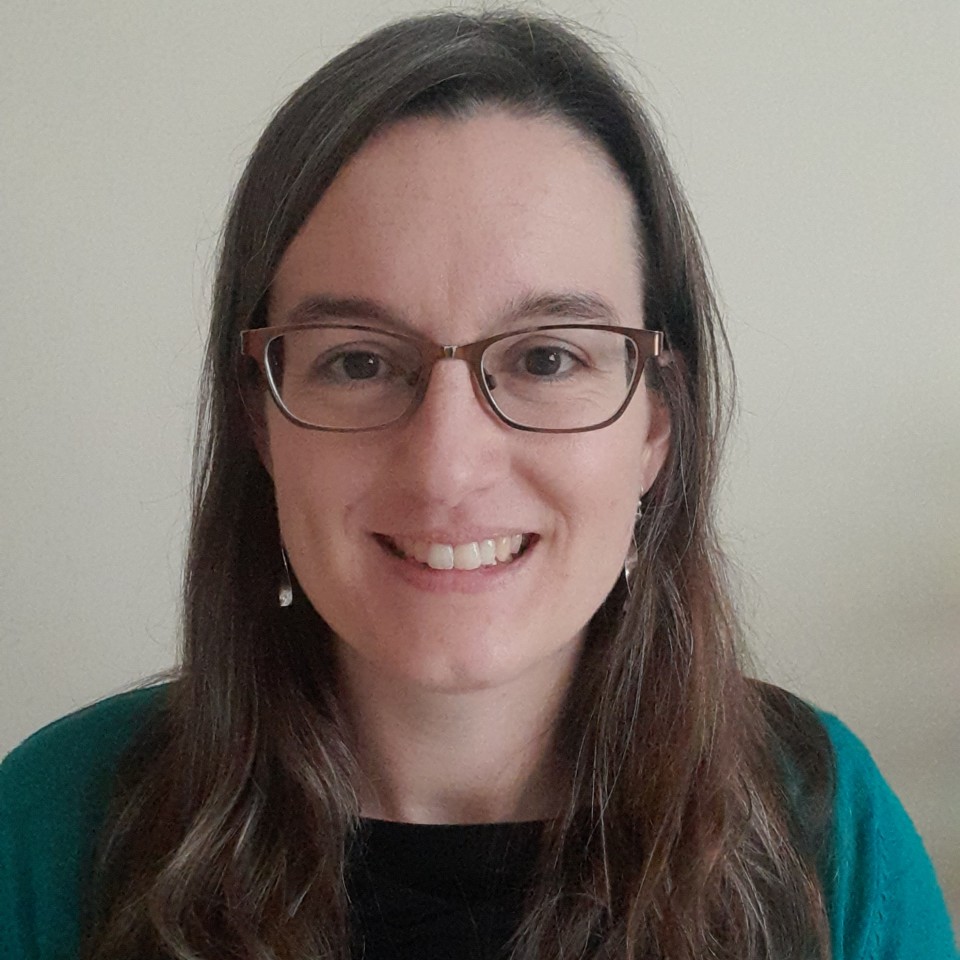Financial Wellness
How to embed diversity, equity and inclusion into your organisation
Article about embedding equality, diversity & inclusion in to your organisation

id
Diversity, equity and inclusion (DE&I) is increasingly important to companies large and small. To make a real difference to colleagues, clients and society, however, companies need to make DE&I a priority. Adopting a data-led approach can support the creation of a more effective DE&I strategy and action plans.
A large company may find it a challenge to fully understand each member of its staff, and staff members might feel uncomfortable sharing their individual needs. This is where having data-based insights can really help.
Standard Life is part of Phoenix Group, the UK’s largest long-term savings and retirement business. This gives Standard Life access to expertise across the group, including on DE&I.
To gain more data-based insights, in 2021 Phoenix Group launched Who We Are: an anonymised app-based questionnaire.
This enabled Phoenix Group to gain a clearer understanding of the colleague profile and needs, and enabled the creation of a more informed DE&I strategy.
This was particularly helpful coming out of the pandemic, which may have increased and/or reshaped some people’s needs and challenges.
Approximately 80% of Phoenix Group colleagues shared information and answered questions, not only on their gender and ethnicity, but also on sexual orientation, religion and belief, disability, caring responsibilities and social mobility.
Having this extra level of information really helped Phoenix Group focus its DE&I strategy on where it matters most, and to implement changes that help people across all areas of DE&I.
It also allowed us to take an intersectional approach. For example, people might be able to look at me and guess my age, but they wouldn’t know I also have caring responsibilities.
Staying connected
Colleague networks can play an invaluable role in helping to embed DE&I across an organisation. For example, Mosaic, our colleague network for Black, Asian and minority ethnic communities, played an important role in developing and popularising our aforementioned Who We Are questionnaire.
Colleague networks can help ideas and questions from across a business to be fed through to senior management. This ensures that everyone has a voice and can contribute to making the company a more inclusive place to work. This helps to build better policies and practices as the design incorporates a greater range of employee insight and experience.
It can make a big difference if senior executives are actively involved in these networks.
Phoenix Group has nine colleague networks, each of which is sponsored by a member of the executive team. Their role is to act as champions for the network across the company. They listen and advise the network leads and members and help identify areas of challenge as well as success.
Having insight from experienced leaders alongside input from the network members helps us identify any blind spots, and work to remove them.
Reverse mentoring is another way that senior leaders can build their understanding of the colleague experience. The Phoenix Group CEO and I both take part in this every year, and it provides an alternative way for members of staff to challenge the thinking of senior leaders.
It is also great to work with other companies and share best practice on DE&I, to help everyone frame and deliver on their potential. This produces a wider societal benefit.
The Phoenix Group won Employer of the Year at the 2022 FTAdviser Diversity in Finance Awards 2022, while colleague Imran Khan won Consumer Champion of the Year (Large Company) at the awards.




